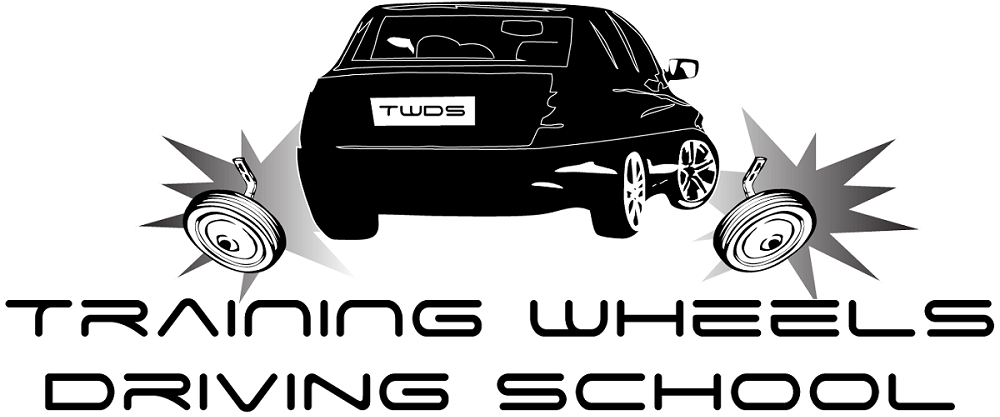Whether they own their regular car or not, it’s crucial that all drivers understand the importance of safety recalls and taking care of them as soon as possible. Safety recalls, which are a car manufacturer’s way of saying that not only does their product have a defect but also that, if not taken care of, the flaw could jeopardize both your safety and that of any passengers. Fortunately, when recalls are ordered, the manufacturer corrects the defect at no cost to the driver. To learn what else a safety recall entails, check out our quick guide below.
Why Recalls Might Happen
Recalls can arise due to several kinds of circumstances, with one being safety-related kinks that are exposed after various incidences with specific vehicle models or types. Ford, for example, recalled almost 14 million cars in 2009 after they determined a very flammable cruise-control switch had contributed to over 180 deaths. Another reason for safety recalls include a vehicle or product not meeting safety specifications as ordered by the Federal Motor Vehicle Safety Standards, which apply to all vehicles and vehicle-related products, such as air bags, car seats, or defrosting systems, used on public roads.
What Can be Recalled?
Recalls are typically instigated by manufacturers after their own studies or at the recommendation of the National Highway Traffic Safety Administration (NHTSA). The NHTSA can also instigate recalls through court orders, which most manufacturers typically comply with if only for public relations reasons. A few examples of what could be recalled include the following:
- Accelerator pedals that don’t release.
- Defective windshield wiper systems.
- Cracking tires.
- Faulty steering systems that hamper drivers’ control.
- Leaking fuel system components.
- Seats that don’t maintain their position.
- Faulty seat belts.
- Car jacks that don’t hold.
- Air bags that deploy even with little impact.
- Defective, potentially combustible wiring systems.
- Child seats with faulty buckling systems or easily breakable components.
It should be noted that recalls are issued only when the flaw presents a safety risk, so they don’t cover fading or chipping paint, defective car stereo and air conditioning systems, body rust, or regular wear and tear on car batteries, brake pads, shock absorbers, and exhaust systems.
When Vehicles are Recalled
Should the NHTSA determine a specific car model or safety feature to be defective, they will issue a safety recall. If the car manufacturer complies, affected drivers are informed via mail and are instructed on resolving the problem, which happens one of three ways:
- Replacement: Manufacturer replaces the vehicle with a similar or identical model.
- Refund: Manufacturer refunds purchase price after subtracting depreciation.
- Repair: Manufacturer says, via the letter, where to take the vehicle for repair as well as a projected repair time.
Sometimes, manufacturers don’t have car owners’ information on file. For instance, if the car wasn’t registered with the manufacturer after buying tires, the car owner must initiate contact with their car’s manufacturer should a recall be issued.
Repair Reimbursement
Depending on the case, car owners may be reimbursed fully by the manufacturer for repairs relating to the safety recall. If eligible, the reimbursement window is based on whichever of two possible scenarios comes first:
- One year before the manufacturer’s flaw notification to the NHTSA.
- When the NHTSA starts the defect’s engineering analysis.
In either situation, the last day for reimbursement is 10 days after the car manufacturer mails its last recall notices.
Recall Limitations
A vehicle isn’t eligible for free recall solutions (replacement, refund, repair) if the defect is over 10 years old or noncompliance has been determined. This age is based on a vehicle’s buy date—if the recalled vehicle is more than 10 years old, car owners must pay for the cost of repairing the flaw themselves.
Think you or someone you know is in need of Behind the Wheel Training? Training Wheels is a Brigantine driving school specializing in teaching new teen drivers how to stay safe on the road. For more information on our lessons, please click here.
Copyright: ambrozinio / 123RF Stock Photo

